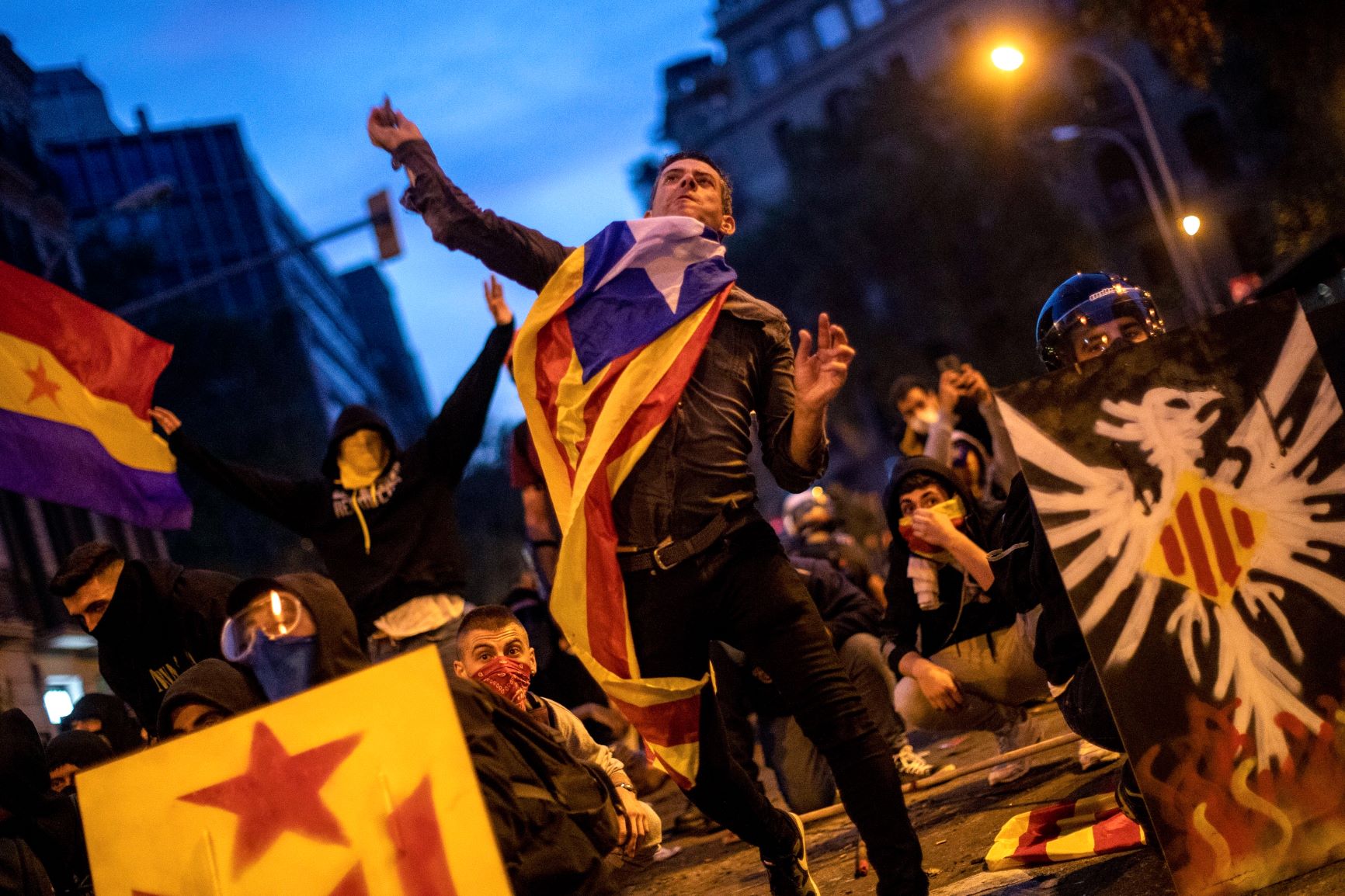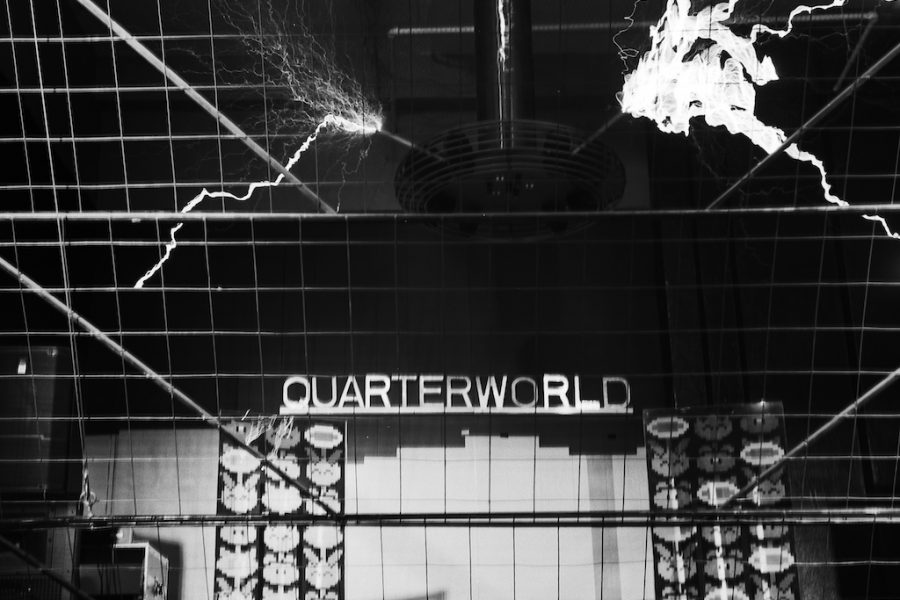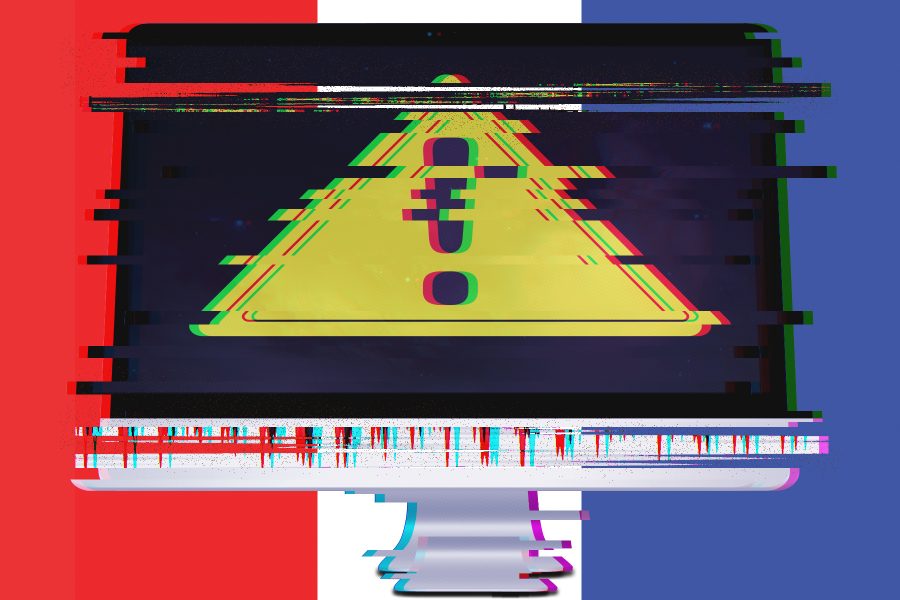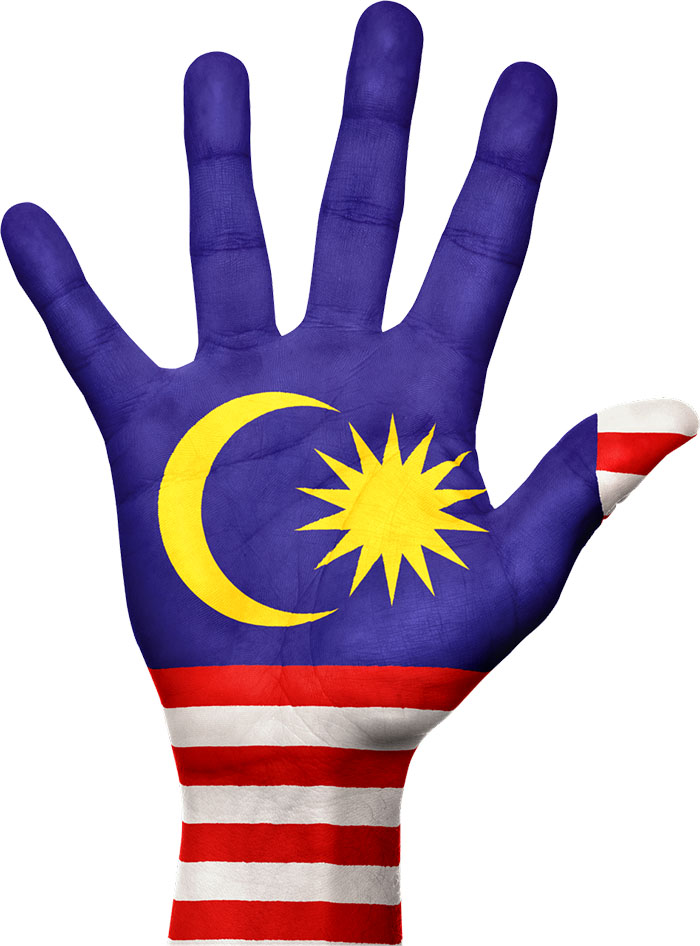Following the imprisonment of nine politicians in favor of Catalonia’s independence, approximately 525,000 people took to the streets of Barcelona in protest.
Catalonia, a wealthy, semi-autonomous region in northern Spain, held an independence referendum in 2017, but the referendum was deemed illegal by Spain’s constitutional court soon after. The 2017 movement was shut down by Spanish authorities, and dozens of pro-independence leaders were arrested while others fled the country, including former Regional President Carles Puigdemont.
Puigdemont turned himself in to Belgian authorities on Oct. 18, days after Spain renewed the warrant for his arrest. Authorities took Puigdemont’s statement and questioned him before he was released, pending a hearing regarding the warrant for his arrest on Oct. 29.
Al Jazeera reported Spain’s Supreme Court sentenced nine politicians to prison sentences from nine to 13 years on charges of sedition and misuse of public funds on Oct. 14, 2019. Three other leaders of the movement in 2017 were found guilty of disobedience but face no jail time. The punishment of the independence leaders triggered the protests currently taking place in the region.
“Catalans tried for a long time to demonstrate to the world that we can achieve significant change through democratic, peaceful means, but we were slapped in the face,” said Adrià Alsina, former grassroots pro-independence group ANC spokesman, to AP News. “At least the violent protests in France or Hong Kong or Ecuador are achieving some of their goals. Ever since [Oct. 14] the people who had the moral authority to stop this, they are in jail.”
Protesters have thrown gasoline bombs, acid, stones, firecrackers, nails and bottles at police attempting to control the protests. One firecracker hit a police helicopter, but no serious damage or injury was caused.
Protesters blocked parts of the border between France and Spain as part of their protests. Roads have been barricaded with burning trash cans and tires. The Guardian reported that on the first day of protests, the demonstrators attempted to take over Barcelona-El Prat airport, resulting in the cancelation of 57 flights.
“We have been in this independence movement for seven years already, and we are fed up,” one protester who asked to remain anonymous, fearing retaliation from the police, told AP News after he was struck by a rubber bullet in the face by authorities. “We’re standing up now.”
Estimates placed the total cost of damages done at €1.1 million, or $1.23 million, by Oct. 17, according to AP News. Authorities arrested at least 16 people on Oct. 16 and said any violence by the protesters will be punished.
“Throughout this week, as you well know, there have been violent incidents in Catalonia,” Spain’s Interior Minister Fernando Grande-Marlaska said at a press conference, according to Reuters. “They have been organized…by groups who are a minority but are very organized. Their actions, as we have already said, will also not go unpunished.”
Democratic Tsunami, a non-violent, pro-independence organization run by an unknown group is one of the main organizers of the protests, but Spain has yet to be able to shut the online-based group down. After a Spanish court ordered any web pages associated with Democratic Tsunami to be shut down, the organization created a new URL address, avoiding the shutdown of their website.
Catalonia’s independence movement has been ongoing for eight years with at least one rally held annually, according to BBC. At this year’s independence rally in September, 600,000 people showed up to call for the region’s independence—the smallest turnout in the rally’s history.
BBC reported those involved in the movement believe the region pays too much in taxes and is supporting the poorest parts of Spain. Catalonia has its own flag, language, parliament and anthem, encouraging protesters to call for their fiscal independence from Spain.
Leaders of the movement are calling for an end to the violence, believing their message will be tainted by the minority groups participating in the violent outbreaks, which have resulted in the injury of at least 96 people by Oct. 18, according to BBC.
“The independence movement is not and has never been violent; we have always condemned and condemn violence,” Catalan Regional President Quim Torra said in a press conference. “These incidents cannot be allowed in our country. There is no reason or justification to justify any act of vandalism. The protests must always be peaceful, and that is how we don’t lose rightness.”
Torra is in favor of Catalonia’s independence from Spain and told the region’s parliament on Oct. 17 that another independence referendum should be held, though it is yet to be announced if this will happen. The protests are expected to continue if the imprisoned politicians are not released.






